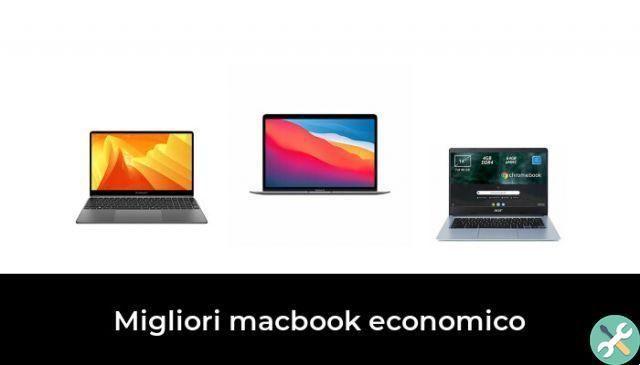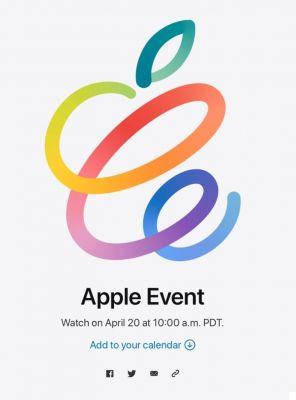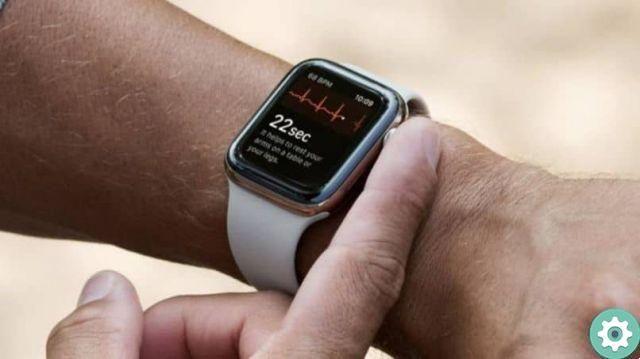Already last year we had anticipated that one of the hot topics of this year, in addition to the new products that Apple could launch, would be the war for user privacy, which will necessarily affect companies based on personal data traffic such as, basically, Facebook. and, to a large extent, Google (although it has remained silent).
January is ending and Facebook and Apple have already put their cards on the table, ready to get involved up to the last consequences. A priori, Facebook appears to have a weak stance, defending that advertisers must be able to collect data from users without their knowing, while Apple argues that users must be asked if they want to grant this permission.
As we have said on previous occasions, for Facebook to keep track of user data in order to sell ads is a right, while for Apple it is a privilege that the user should be able to grant or withdraw at any time.
Thus posed, the positions are completely antagonistic and neither company is willing to make concessions, so this is the strategy they propose:
Facebook attacks
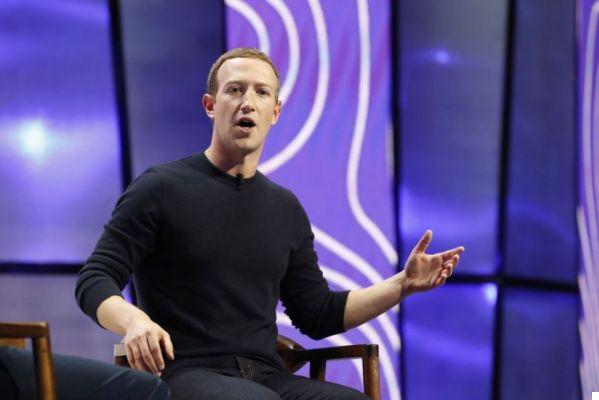
Mark Zuckerberg, who already bought whole pages in newspapers last year to try to create public opinion that they were the good guys, argues that those who damage this privacy policy that Apple wants to establish are small and medium-sized enterprises. that depend on Facebook ads to be able to sell. This strategy was reportedly met with opposition even within Facebook itself, with workers voicing their opinion that it was not credible.
In this 2021, during the presentation of the economic results for the first quarter, Mark Zuckerberg, CEO of Facebook, said that the changes to the privacy policy that Apple has implemented are for its own advantage and anti-competitive.
As the Washington Post published, Zuckerberg assures Apple is changing its privacy policy not to help people, but to further their own interests.
"Apple is well placed to use its dominant platform to interfere with the operation of our app and other apps," said Zuckerberg. "They say they do it to protect the people, but the movement clearly follows their competitive interests."
Zuckerberg ensures that Facebook sees Apple as one of its main competitors, ensuring that the changes in privacy will help services like iMessage (Messages) and FaceTime, which compete (especially in the US, where the iPhone has a majority market share) with Facebook. Messenger and WhatsApp.
“IMessage is a cornerstone of their ecosystem,” says Zuckerberg. "It comes pre-installed on all iPhones and they prefer it with private APIs and permissions, making iMessage the most used messaging service in the US."
Facebook will prepare an antitrust lawsuit against Apple for its "unfair" approach to privacy and the applications it installs by default.
According to The Information, Facebook is filing a lawsuit against Apple for anti-competitive behavior, specifically app transparency policy and iMessages (messages).
The lawsuit alleged that Apple abused its power in the smartphone industry by setting rules in the App Store that Apple itself must not follow. In this regard, the case would be based on rules such as the requirement that developers use Apple's payment system, making it more difficult to compete in areas such as gaming, messaging and e-commerce.
The new iOS 14 feature "Transparency in app tracking," which allows users to decide they don't want them to log their activity via an on-screen dialog, is the centerpiece in the case of Facebook. Zuckerberg's firm argues it's unfair because that question doesn't appear in Apple's apps, offering a competitive advantage. However, Apple's apps do not track user movements or share data for commercial purposes, so the logic of the question seems somewhat disconcerting, beyond the increase in noise and confusion, in line with Fortnite's requests.)
In addition to the “App Tracking Transparency” feature, Facebook is expected to focus on Apple's refusal to allow the default installation of other messaging apps on iPhones and iPads. The company was pushing Apple last September to allow users to choose Facebook's Messenger app as their default messaging app instead of Messages, and now it says Apple doesn't allow other messaging apps to be set as the default app. prevent people from switching to competing apps.
Apple attacks Apple
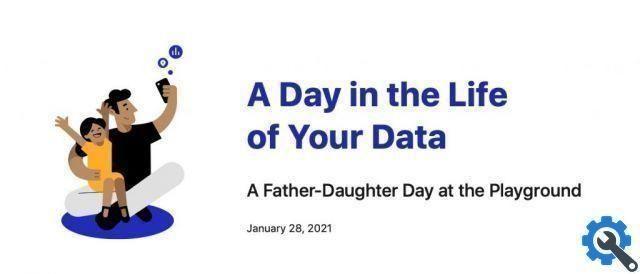
For its part, Apple remains true to its passive-aggressive posture strategy, in which it "merely" continues with its plans and speaks only when an explanation is required. Of course, when he does, he has no problem verbalizing his point of view without shyness or embellishment.
The "Transparency in app tracking" privacy policy was supposed to go into effect last September, but Apple has decided to postpone it by a few months to give developers (especially Facebook) more time to give developers more time to prepare for changes in apps. .
With this change, all iPhone, iPad, and Apple TV developers will need to obtain user permission to log their activity in other apps and web pages and access the device's random advertising identifier, known as the Advertiser Identifier (Identifier for advertisers).), to be able to use personalized ads or to measure the effectiveness of your campaigns.
Users will see an on-screen dialog with the options “Allow monitoring” or “Ask app not to track” when they open apps that want to log their activity. Until now, developers could have implemented this dialog using the App Tracking Transparency framework, but it was not mandatory and few have.
Google has announced that it will stop collecting IDFAs in its iOS apps that it currently uses to target personalized ads, once Apple's new privacy policy goes into effect, so Google apps will not have to show the dialog asking for the 'authorization.
This was the case during the celebration of the 14th International Conference on Computers, Privacy and Data Protection (CPDP) held on 27, 28 and 29 January 2021 and which had a closed speech (no questions allowed) by Tim Cook to present the ideology and Apple's perspective on privacy.
In his speech, Tim Cook was not shy in his statements, from which we translate the most interesting passages:
"The fact is that the interconnected ecosystem of companies and data brokers, of fake news carriers and division dealers, of spies and charlatans just trying to make money fast, is more present in our lives than they have ever been. ".
"As I said in Brussels two years ago, it is time not only for a global privacy law in the United States, but also for global laws and international agreements that highlight the principles of data minimization, user awareness, accessibility and user safety. . the world ".
“Some may think it's worth sharing that level of information to have more personalized ads. Many others, I suspect, may not think so, as we saw when we incorporated similar functionality into Safari by limiting web trackers several years ago. "
“If a business is based on user deception, data exploitation, unelected elections, then that business is not worthy of our admiration. It deserves a reform ".
“In an age of rampant misinformation and algorithm-fueled conspiracy theories, we can't take our eyes off a theory that holds that every interaction is a good interaction - the longer the better - all with the aim of gathering more data, the better, ”says Cook.“ The time has passed to pretend this approach doesn't come at a cost: polarization, loss of confidence and, yes, violence. ”
“Many keep asking the question 'how long can it take without them knowing?' when they should ask themselves, "What are the consequences?"
"What are the consequences of prioritizing conspiracy theories and incitement to violence simply because of their high rates of interaction?"
Coinciding with the celebration of Data Privacy Day (January 28), Apple released a PDF report called "A Day in the Life of Your Data" which explains how companies record user data via apps and web pages, highlights the principles of Apple's privacy policy and provides more details on "App Tracking Transparency"
Transcript of Tim Cook's statement in the CPDP
(via Macrumors)
Good afternoon.
John, thank you for your generous introduction and for hosting us today.
It is a privilege to join you - and learn from this panel of experts - on this auspicious occasion of Data Privacy Day.
A little over two years ago, together with my good friend, the much-missed Giovanni Buttarelli, and data protection regulators around the world, I spoke in Brussels about the emergence of a data industrial complex.
At that meeting we asked ourselves: "What world do we want to live in?"
Two years later, we should now take a look at how we answered this question.
The fact is, an interconnected ecosystem of companies and data brokers, fake news providers and division hawkers, trackers and hucksters just trying to make money fast, is more present in our lives than ever before.
And it has never been clearer how it degrades our fundamental right to privacy in the first place and consequently our social fabric.
As I said earlier, “if we accept it as normal and inevitable that everything in our life can be aggregated and sold, then we lose much more of the data. We lose the freedom to be human ”.
Yet this is a new season full of hope. A time of reflection and reform. And the most concrete progress of all is thanks to many of you.
By proving that cynics and doomsayers are wrong, the GDPR has provided an important foundation for privacy rights around the world, and its implementation and enforcement must continue.
But we can't stop there. We need to do more. And we're already seeing promising breakthroughs around the world, including a successful election initiative that strengthens consumer protection right here in California.
Together, we must send a universal and humanistic response to those who claim users' right to private information about what should not and will not be tolerated.
As I said in Brussels two years ago, the time has certainly come, not only for a global privacy law here in the United States, but also for global laws and new international agreements that enshrine the principles of data minimization, user awareness, user access and data security around the world.
At Apple, spurred on by the leadership of many of you in the privacy community, these have been two years of relentless action.
We have worked not only to deepen our core principles of privacy, but to create ripples of positive change across the industry as a whole.
We have spoken, over and over, for strong encryption with no backdoors, recognizing that security is the foundation of privacy.
We have set new industry standards for data minimization, user control and on-device processing for everything from location data to contacts and photos.
At the same time, we pioneered features that keep you healthy and healthy, making sure technologies like a blood oxygen sensor and ECG gave you peace of mind that your health data stays yours.
And last but not least, we are implementing powerful new requirements to improve user privacy across the App Store ecosystem.
The first is a simple but revolutionary idea that we call a privacy nutrition label.
Every app, including ours, must share data collection and privacy practices, information that the App Store presents in a way that every user can understand and use.
The second is called App Tracking Transparency. Basically, ATT aims to give back control to users, to give them a say in how their data is handled.
Users have been requesting this feature for a long time. We have worked closely with the developers to give them the time and resources to implement it. And we're passionate about it because we think it has great potential to make things better for everyone.
Because ATT responds to a very real problem.
Today we released a new document titled "A day in the life of your data". It tells the story of how the apps we use every day contain an average of six trackers. This code often exists to monitor and identify users across apps, observing and recording their behavior.
In this case, what the user sees is not always what he gets.
Right now, users may not know if the apps they use to hang out, to check in with their friends, or to find a place to eat, might actually be broadcasting information about the photos they have taken, people. in their contact list or location data that reflects where they eat, sleep or pray.
As the document shows, it appears that no information is too private or personal to be guarded, monetized, and aggregated into a 360-degree view of your life. The end result of all this is that you are no longer the customer, you are the product.
When ATT is fully operational, users will have a say in this type of tracking.
Some may think this level of information is worth sharing for more targeted ads. Many others, I guess, won't, just as they liked it the most when we integrated a similar feature into Safari that restricts web trackers several years ago.
We see developing this kind of privacy-focused features and innovations as a core responsibility of our work. We always have, we always will.
The fact is that the ATT debate is a microcosm of a debate we have had for a long time, a debate where our point of view is very clear.
Technology doesn't need huge amounts of personal data, merged across dozens of websites and apps, to be successful. Advertising has existed and thrived for decades without it. And we are here today because the path of least resistance is rarely the path of wisdom.
If a company is built on misleading users, on data exploitation, on choices that aren't choices at all, then it doesn't deserve our praise. It deserves a reform.
We shouldn't take our eyes off the bigger picture.
In a time of rampant misinformation and algorithm-squeezed conspiracy theories, we can no longer turn a blind eye to a theory of technology that says all engagement is good engagement - the longer the better - and all with the goal of collecting as much data as possible.
Too many are still asking the question, "How far can we get away with it?" when they need to ask, "what are the consequences?"
What are the consequences of prioritizing conspiracy theories and violent incitement simply because of their high engagement rates?
What are the consequences of not only tolerating but also rewarding content that undermines public confidence in life-saving vaccinations?
What are the consequences of seeing thousands of users join extremist groups and then perpetuate an algorithm that recommends even more?
It is high time to stop pretending that this approach doesn't come at a cost: of polarization, of lost trust and, yes, of violence.
A social dilemma cannot be allowed to become a social catastrophe.
I think the past year, and certainly recent events, have brought home the risk of this for all of us - as a society and as individuals as much as anything else.
The long hours spent locked up at home, the challenge of getting children to learn when schools are closed, the worry and uncertainty about what the future holds, all of these things have highlighted how technology can help - and how can it be used for damage.
Will the future belong to the innovations that make our life better, more fulfilling and more human?
Or will it belong to those tools that reward our attention to the exclusion of everything else, aggravating our fears and aggregating extremism, to serve increasingly invasive announcements aimed at all other ambitions?
At Apple, we made our choice a long time ago.
We believe that ethical technology is the technology that works for you. It's technology that helps you sleep, not keep you awake. This tells you when you've had enough, which gives you space to create, draw, write or learn, not just update one more time. It's a technology that can take a back seat when hiking or swimming, but it's there to alert you when your heart rate speeds up or to help you when you've had a bad fall. And that all this always puts privacy and security first, because no one has to give up the rights of their users to offer an excellent product.
Call us naive. But we still believe that technology created by people, for people and with people's well-being in mind, is too valuable a tool to be abandoned. We still believe that the best measure of technology is the lives it improves.
We are not perfect. We will make mistakes. This is what makes us human. But our commitment to you, now and forever, is that we will stick to the values that have inspired our products from the start. Because what we share with the world is nothing without the trust our users have in it.
To all of you who have joined us today, keep pushing us all forward. Continue to set high standards that put privacy first. And take necessary new steps to reform what is broken.
We have made progress together and we need to do more. Because it is always the right time to be bold and courageous at the service of a world in which, as Giovanni Buttarelli said, technology is at the service of people and not vice versa.
Thanks so much.




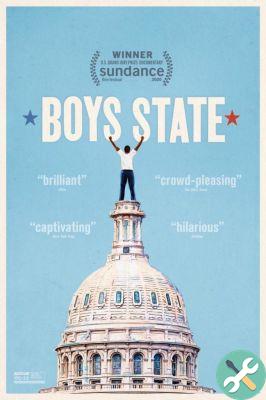
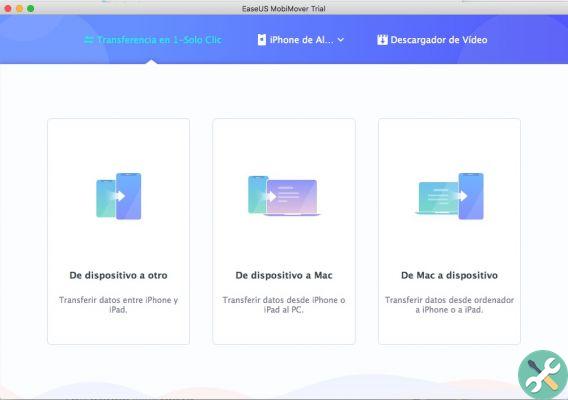
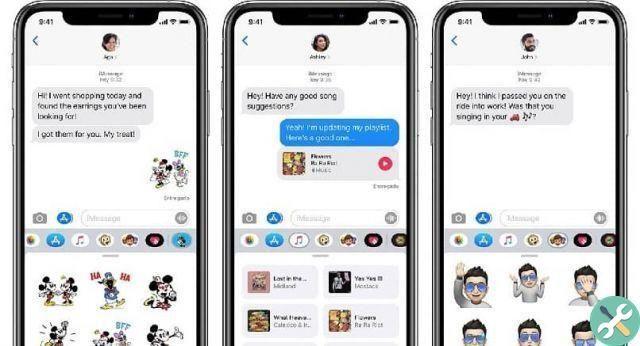

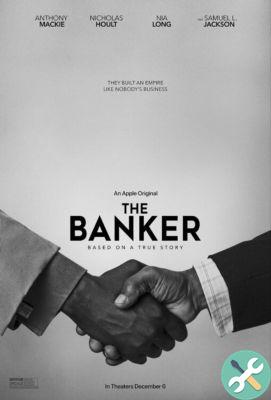


![Google also wants your Apple News [Updated] [2]](/images/posts/943dc0d8f28fcc4bc16fa30ed6d71f6a-0.jpg)



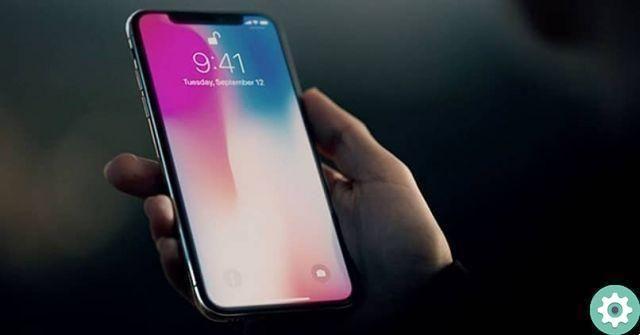
![Apple Vice Presidents Talk About Development of M1 for Mac [Updated]](/images/posts/c6254b668e5b3884d6b6338ccb8a02ff-0.jpg)

